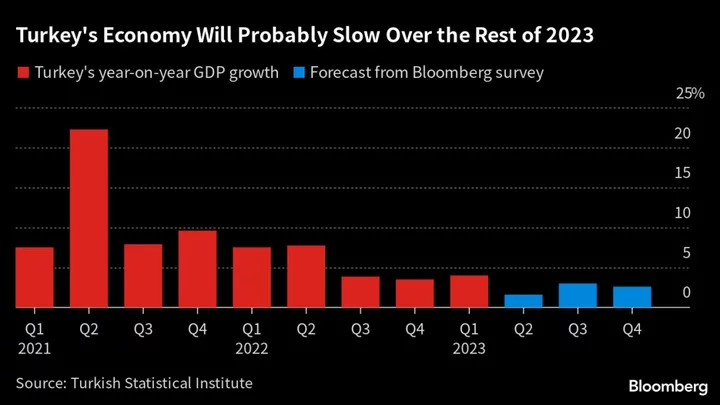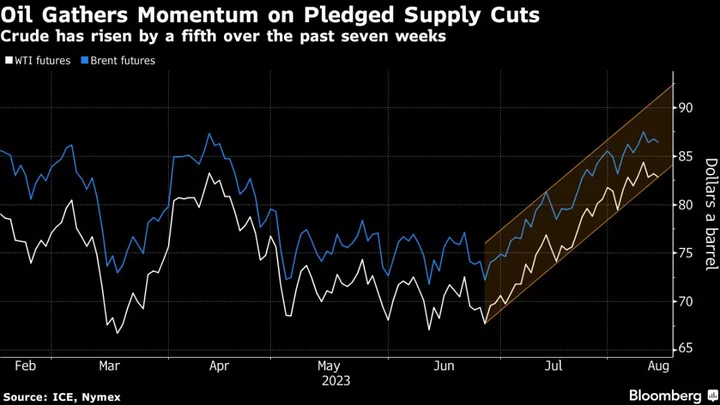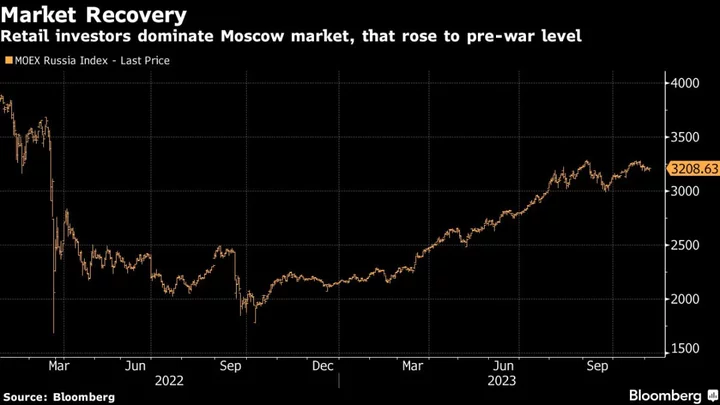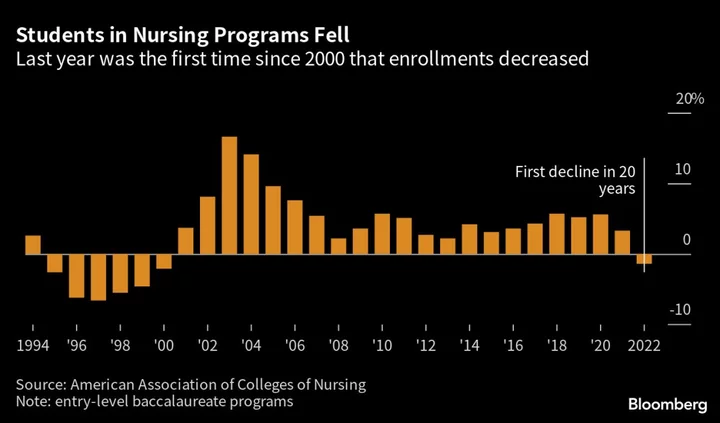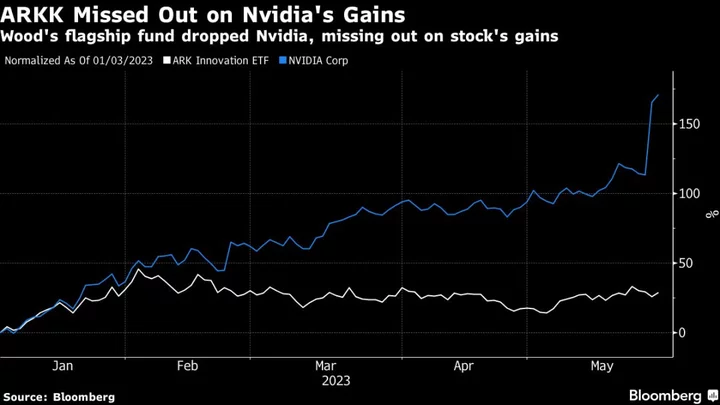Turkey’s economy expanded faster than expected at the start of the year, bolstered by pre-election spending and strong household consumption, as the outlook turns less favorable for the rest of 2023.
Gross domestic product grew 4% year-on-year in the first quarter and 0.3% from the previous three months in seasonally and working-day adjusted terms, data from the state statistics agency showed on Wednesday. Analysts’ median forecasts were for a 3.5% annual gain and quarterly GDP growth of 0.5%.
Fiscal stimulus and ultra-low interest rates helped ease the impact on the $900 billion economy of two massive earthquakes that hit southeast Turkey in February. But the outlook is darkening for the rest of 2023 as the newly re-elected president battles a cost-of-living crisis.
Read more: World Tries to Read Erdogan for Signs of Turkey Policy Shift
In Sunday’s presidential runoff, incumbent Recep Tayyip Erdogan defeated Kemal Kilicdaroglu to extend his rule into a third decade.
The lira has plunged to record lows after the election, losing over 3% of its value against the dollar since then. It was trading more than 1% weaker after the GDP data release at 10:13 a.m. in Istanbul.
What Bloomberg Economics Says...
“Turkey’s deadly earthquakes had made a dent in February’s output indicators. But indices imply the hit was temporary in major economic areas in the impact zone and was mostly compensated for in the overall figure.”
— Selva Bahar Baziki, economist. Click here to read more.
Turkey was the fastest-growing economy among the Group of 20 nations last year after Saudi Arabia and India, expanding more than 5%. Erdogan’s administration fueled that expansion through cheap lending and heavily subsidized utility bills, as well as increases in the minimum wage and pensions.
Those moves and ultra-loose monetary policy have come at the expense of currency and price stability, with inflation peaking near 86% last year. It’s decelerated but is still nearly 44%, more than anywhere in the G-20 except Argentina.
With victory secured, Erdogan’s officials are set to shift their focus to widening deficits in the budget and the current account.
Read more: Turkish Lira Sinks, Stocks Gain as Investors Bet on Policy Shift
Economic growth will dip to 1.6% in the second quarter year-on-year, according to a Bloomberg survey of analysts, and to 2.7% for 2023 as a whole.
The European Bank for Reconstruction and Development this month cut Turkey’s 2023 GDP growth estimate to 2.5%, from 3%, citing external vulnerabilities over pressure on the lira and a massive current-account deficit.
--With assistance from Joel Rinneby.

